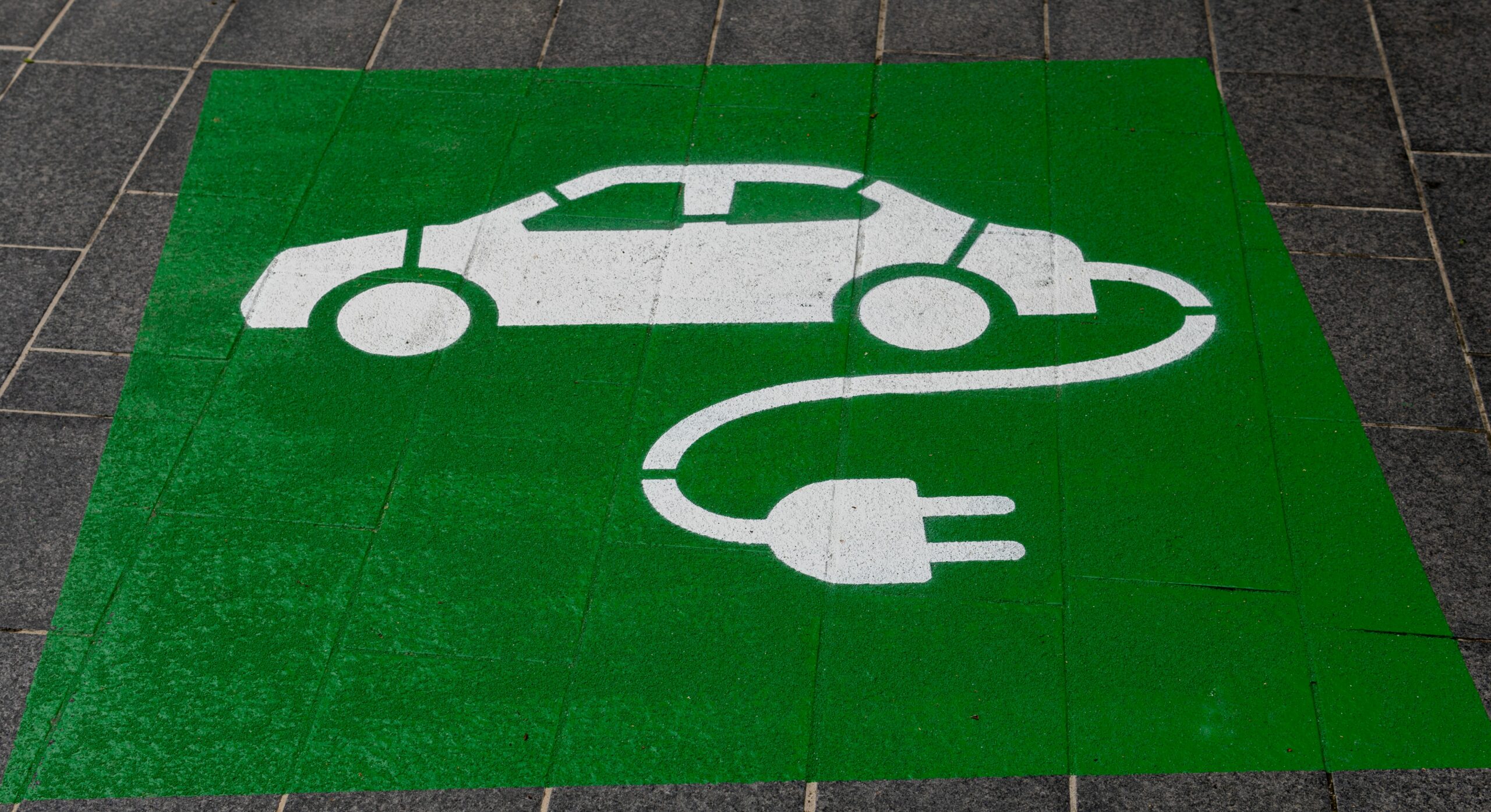China shocks US over car subsidies

China has initiated proceedings at the WTO against the United States, accusing them of penalizing Chinese electric cars (and not only) with the Inflation Reduction Act. In a certain sense, Beijing is right. All the details
China has initiated dispute settlement proceedings against the United States at the World Trade Organization with the aim of protecting its automotive sector. Beijing has accused Washington of implementing "discriminatory subsidies" with the Inflation Reduction Act , because the law – which allocates public aid to American manufacturing of clean technologies, such as solar panels and electric vehicles – does not apply to products from China and from other member countries of the Organization.
Inflation Reduction, among other things, provides tax credits to incentivize the purchase of electric cars and encourage the reduction of greenhouse gas emissions (transport is the leading sector for CO2 emissions in the United States). According to China, however, these subsidies, "under the guise of responding to climate change, reducing carbon emissions and protecting the environment, are actually conditional on the purchase and use of goods originating from the United States or imported from some particular regions".
IS CHINA RIGHT?
In a certain sense, China is right, because the ultimate aim of the Inflation Reduction Act is precisely to counteract Chinese dominance – very strong today – over the supply chains of technologies for the energy transition through the creation of industrial cycles within the United States or integrated in the rest of North America.
By 2023, the law required that at least half the value of battery components – the most critical component of an electric car, both in terms of value and the metals it contains – be assembled in North America, and that at least 40 percent of battery raw materials came from the United States or from countries with which free trade agreements exist, such as Mexico and Canada. The requirements for 2024 are even more stringent: at least 50 percent of the battery raw materials must come from the United States or a free trade partner.
Henry Hao, a law professor at Singapore Management University, explained to Bloomberg that “from a legal point of view, China is right to say that the Inflation Reduction Act violates WTO rules, as the European Union has also said ”. China, however, has also favored the development of its foreign mobility supply chain through the exclusion of foreign entities: for example, until 2019 the only companies that could supply batteries to electric car manufacturers based in China were Chinese .
STILL RESTRICTIONS
Furthermore, the Treasury Department has defined restrictions on the so-called foreign entities of concern , the foreign entities that cause concern: it means that car manufacturers will no longer be able to use battery components made in China; from 2025 they will no longer be able to use raw materials extracted or refined in the country.
Joe Biden's administration considers foreign entities of concern all those companies subject to the jurisdiction of the Chinese government, or controlled by the latter with a stake of at least 25 percent. Overseas subsidiaries of private Chinese companies that are based in nations not considered risky, such as Australia, are excluded, as long as they are not controlled by the Communist Party.
WHAT CHINA WANTS, WHAT THE UNITED STATES REPLY
China said it initiated the dispute "to safeguard the legitimate interests of China's electric vehicle industry and maintain fair competition in the global market." The Commerce Department called on Washington to "promptly correct discriminatory industrial policies and maintain the stability of global industrial and supply chains for new energy vehicles." China is both the world's largest producer of electric vehicle batteries and the largest refiner of base minerals such as lithium and cobalt.
US Trade Representative Katherine Tai responded with a statement defending the Inflation Reduction Act, which would contribute to a “clean energy future we are collectively seeking with our allies and partners.” He then accused Beijing of using "unfair and non-market policies" to favor its companies.
Last September the European Commission announced the opening of an anti-subsidy investigation into electric vehicles from China. “Right now the global markets,” explained President Ursula von der Leyen, “are flooded with cheap Chinese electric cars. And their price is kept artificially low by huge state subsidies. This distorts our market."
THE TIMES TO THE WORLD TRADE ORGANIZATION
The World Trade Organization's rulings on trade disputes should in theory arrive within six months of the establishment of the adjudicating commission, but usually – as Reuters reports – take longer.
If the WTO rules in favor of China, the United States will be able to appeal; However, the organization's highest appellate body is no longer functioning due to American opposition to the appointments of its component judges. Washington argues that the WTO Appellate Body makes decisions far beyond its scope of jurisdiction.
This is a machine translation from Italian language of a post published on Start Magazine at the URL https://www.startmag.it/smartcity/cina-disputa-omc-auto-elettriche/ on Sat, 30 Mar 2024 06:28:57 +0000.
